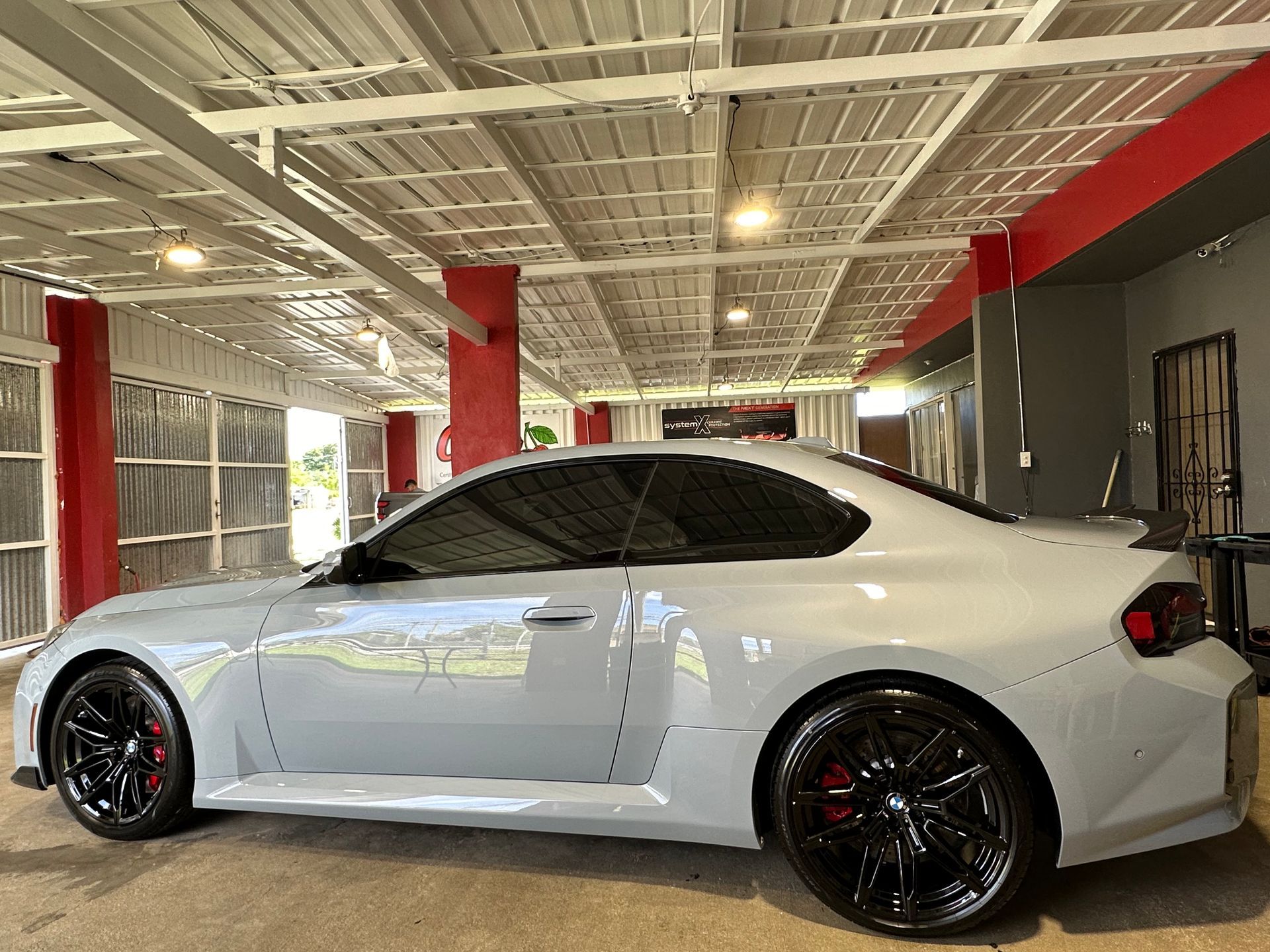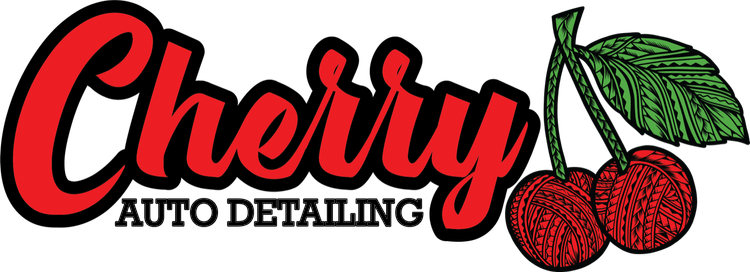Best Car Maintenance Tips For Beginners
Table of Contents
To protect and retain the value of your car, maintenance is essential. At
Cherry Auto Detailing, we offer car maintenance tips for beginners to make preventive car care simple and stress-free. These tips will help you get on the right track to better car care to avoid unexpected breakdowns caused by poor maintenance habits.

Car Maintenance Tips For Beginners
We provide you with the following car maintenance tips:
1. Check Your Tire Pressure And Tread
To provide your tires with the correct care, you must regularly check tire pressure and tire tread depth. While your car's TPMS monitors tire pressure, using a gauge to double-check ensures accurate readings and prevents uneven tire wear.
2. Change The Engine Oil Regularly
Changing your engine oil or motor oil regularly keeps your engine lubricated and running smoothly. Following a lubrication maintenance schedule will protect your engine from damage and overheating. It's an easy way to support performance and extend engine life.
3. Check Other Essential Fluids (Coolant, Brake, Transmission)
Monitor fluids such as coolant, brake fluid, and transmission fluid to prevent problems such as overheating, rough shifting, or loss of braking power. These fluids are easy to monitor because low coolant levels may be reflected by a temperature warning light, or transmission fluid can be monitored with the dipstick when the engine is hot.
4. Inspect And Replace Windshield Wipers
Dull wiper blades may streak or miss spots, decreasing your visibility and your safety. Inspect your lights and wipers regularly as part of your vehicle maintenance routine for visual inspection, and replace wiper blades when necessary. It is advised by experts to replace wiper blades every 6 to 12 months to ensure safe driving.
5. Check And Rotate Your Tires
Rotating tires is included in your routine tire care process. Regular rotation and inspection of tires will maintain your tires in better shape for a longer period, will give you even tire wear on your tires, and better traction.
6. Inspect Brake Pads And Rotors
Regular brake maintenance, like brake checks, can also guarantee early alerting of worn-out brake pads or low brake fluid levels. Some car maintenance tips for beginners are to listen for squealing or grinding noises to warn of a loss of braking power.
7. Replace The Cabin Air Filter
Maintain your air filters to improve indoor air quality and keep your HVAC system running efficiently. You can easily replace your air filters at home to save money and ensure a fresher driving experience.
8. Test Your Battery And Clean The Terminals
Inspect your battery every time and clean the terminals such that it holds a charge properly. Terminal corrosion can be removed with a wire brush. These simple checks and cleaning processes will save you from unexpected power shutdowns and ensure your vehicle starts well.
9. Inspect Belts And Hoses for Wear
Car maintenance tips for beginners are to check your timing belts and radiator hoses for cracks, leaks, or bulges over time. Regularly checking and replacing worn rubber parts can prevent damage to your vehicle and save you from costly breakdowns.
10. Check Headlights, Brake Lights, And Indicators
Check your lights and wipers to make sure your headlights, brake lights, and turn signals are working properly. This is an important step in vehicle maintenance to ensure your car has adequate lighting and improve driving safety.
11. Wash And Wax Your Car Regularly
Seasonal cleaning combined with polishing and protective buffing is the key to keeping your car looking shiny and protected from UV rays and rust, which increases the resale value of your car.
Need Help With Car Maintenance? Book Your Service Today!
If you are not sure of servicing your car yourself, let experts help you!
Cherry Auto Detailing professionals are here to help you with expert car care services. We offer a full range of auto services, from
auto maintenance to
ceramic coating or
ppf, in Yigo and the surrounding areas.
Schedule your car maintenance nearby today!
FAQs
How often should I change my oil?
You should get an oil change every 3,000 to 5,000 miles, depending on your vehicle and oil type. Keeping fresh engine oil in your car supports engine longevity and better performance.
How do I know if my brakes need replacing?
Look for squealing noises, longer stopping distances, or a soft brake pedal. A professional brake inspection can catch worn brake pads early. Your ABS system also depends on well-maintained brakes to ensure road safety.
What’s the easiest maintenance task for beginners?
Start with a tire pressure check or a wiper blade replacement. These checking and replacing tasks require little to no tools and offer instant confidence boosts. Never underestimate a basic check!
What happens if I skip regular maintenance?
Ignoring maintenance can lead to neglect, wear and tear, or even breakdown and system failure. On the flip side, staying on schedule with simple tasks boosts your car’s performance and can result in a higher resale value.
Do I need special tools for car maintenance?
Not really. Most vehicle upkeep tasks require just a few basic tools, like a tire pressure gauge or an oil rag. For a full car checkup, consider investing in a beginner-friendly toolkit. Many services can also be done at auto shops if you're unsure.











